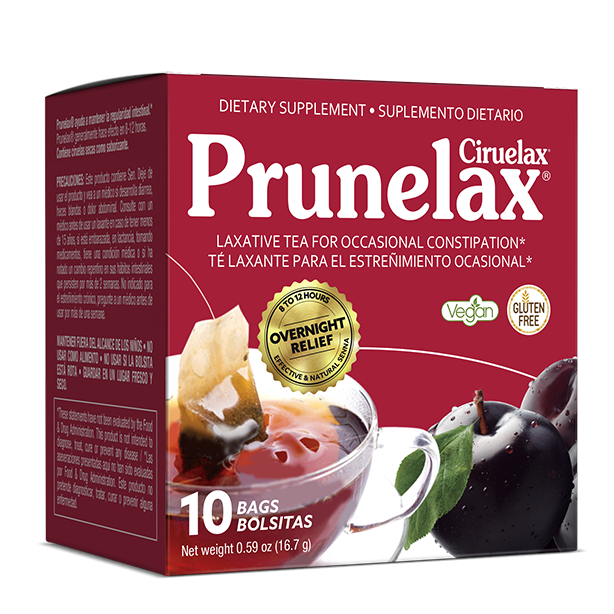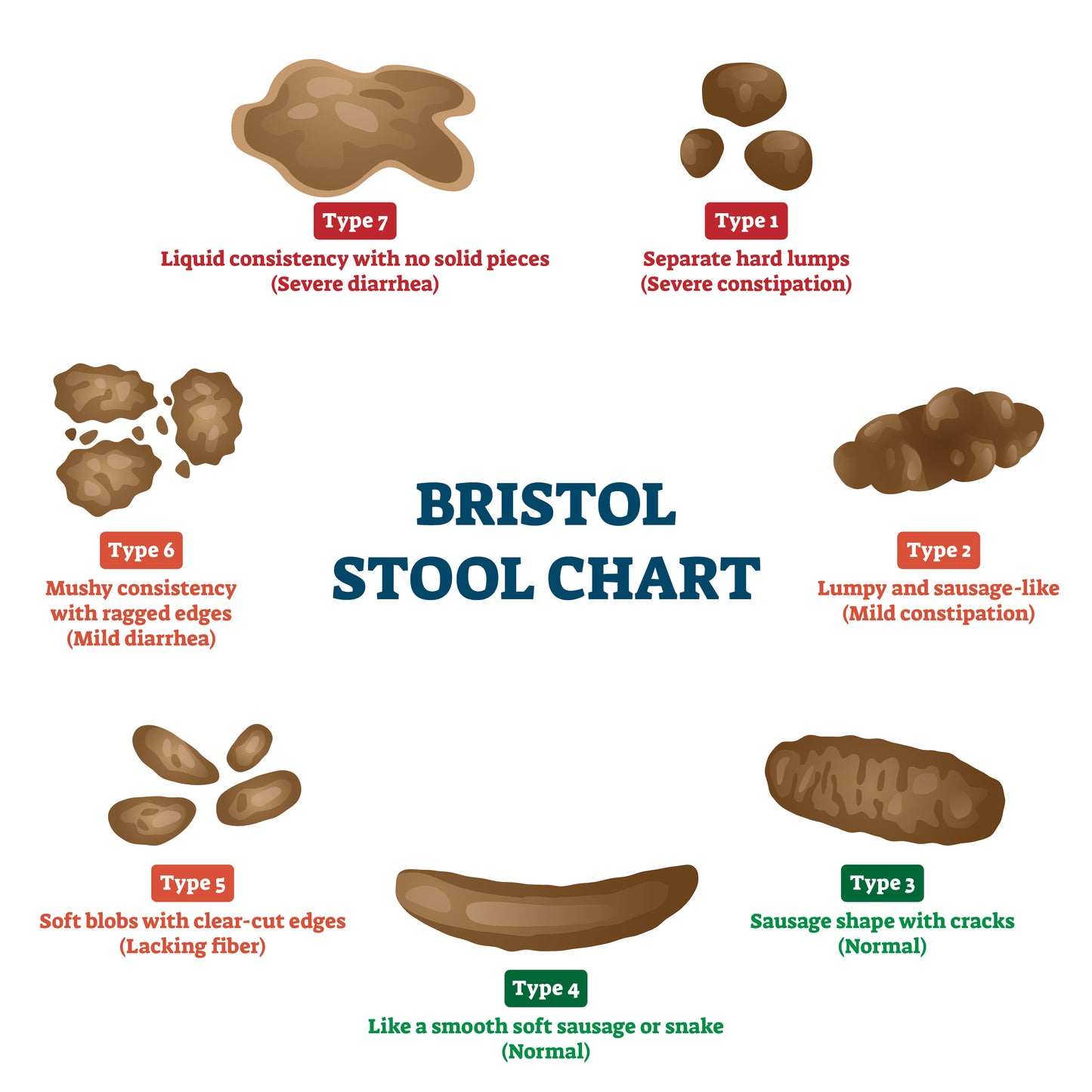Introduction
Traveling can be an exciting and enriching experience, but it often comes with its fair share of challenges, including one that many of us might hesitate to discuss openly: occasional constipation. Whether you're jet-setting to a far-off destination or embarking on a road trip adventure, changes in routine, diet, and environment can disrupt your digestive system. In this blog post, we'll explore why occasional constipation is common during travel and provide practical tips on how to alleviate it, ensuring you can fully enjoy your journey.
Why Does Traveling Cause Constipation?
Occasional constipation during travel is a common occurrence, and several factors contribute to this digestive discomfort:
Altered Diet: Travel often means indulging in different foods, including rich and unfamiliar cuisines. These dietary changes can lead to constipation as your digestive system struggles to adapt.
Dehydration: Staying hydrated while traveling can be a challenge, especially if you're in a hot climate, or if you're hesitant to drink unfamiliar tap water. Dehydration can slow down your digestive system and contribute to constipation.
Irregular Meal Timing: Erratic meal schedules while traveling, such as missing meals or eating at unusual times, can disrupt your body's internal clock, affecting bowel regularity.
Lack of Physical Activity: Long hours spent in transit, whether sitting on a plane or in a car, can lead to decreased physical activity, which is essential for regular bowel movements.
Stress and Anxiety: Travel can be stressful, particularly if you're navigating unfamiliar territory or dealing with time zone changes. Stress and anxiety can impact your digestive system and trigger constipation.
Tips to Alleviate Occasional Constipation While Traveling
Stay Hydrated: Drink plenty of water throughout your journey and consider carrying a refillable water bottle to remind yourself to stay hydrated. Opt for bottled water in regions where tap water might be questionable.
Choose Fiber-Rich Foods: Incorporate high-fiber foods into your meals, such as fruits, vegetables, whole grains, and nuts. Fiber helps keep your digestive system moving smoothly.
Maintain Regular Mealtimes: Whenever possible, stick to a consistent meal schedule even when traveling. This can help regulate your digestive system.
Stay Active: Take short breaks to stretch your legs, walk around, or perform light exercises during long flights or road trips. Physical activity can help stimulate bowel movements.
Pack Fiber Supplements: Consider packing soluble fiber supplements like psyllium husk or over-the-counter laxatives (after consulting a healthcare professional) to have on hand in case of constipation.
Reduce Stress: Engage in stress-reducing activities like deep breathing exercises, meditation, or yoga to manage travel-related anxiety and its impact on your digestive health.
Be Mindful of Medications: Some medications, such as pain relievers or anti-nausea drugs, can contribute to constipation. Consult your healthcare provider for advice on managing medication-related constipation while traveling.
Take a Natural-Ingredient-Based Laxative and Stool Softener: Natural-ingredient-based laxatives such as Prunelax are a great tool to alleviate occasional constipation*. Prunelax contains senna leaf extracts, which are known to not only stimulate the muscles in your intestines to promote bowel movements but also functions as a stool softener. By helping to soften the stool, it makes passing it more comfortable and less straining. Additionally, Prunelax is available in various forms, including tea, tablets, and gummies, making them a convenient option to carry in your travel kit.
Conclusion
Occasional constipation is a common concern while traveling, but it shouldn't deter you from exploring the world. By staying mindful of your diet, hydration, physical activity, and stress levels, you can take proactive steps to prevent and alleviate constipation during your travels. Remember that each person's digestive system is unique, so it's important to tailor these tips to your specific needs. With a little planning and self-care, you can ensure that your next adventure is both memorable and comfortable. Safe travels!
*These statements have not been evaluated by the FDA. This product is not intended to diagnose, treat, cure prevent any disease.
Author: Virginia Catalán
References
“8 Tips to Keep You Regular While Traveling.” Cleveland Clinic, 31 Jan. 2020, health.clevelandclinic.org/8-tips-to-keep-you-regular-while-traveling/. Accessed 2 Sept. 2023.
“Constipation Triggers - Travel | Dulco®.” Dulcolax® United Kingdom, www.dulcolax.com/en-gb/constipation-triggers/travel. Accessed 2 Sept. 2023.
“Easing Constipation on Vacation.” WebMD, www.webmd.com/digestive-disorders/ss/slideshow-constipation. Accessed 2 Sept. 2023.
“How Can a Person Manage and Prevent Travel Constipation?” Www.medicalnewstoday.com, 24 Feb. 2023, www.medicalnewstoday.com/articles/travel-constipation#home-remedies. Accessed 2 Sept. 2023.
“Travel Constipation: Treatments and Home Remedies to Try.” Healthline, 13 Apr. 2020, www.healthline.com/health/irritable-bowel-syndrome/travel-constipation#causes.






